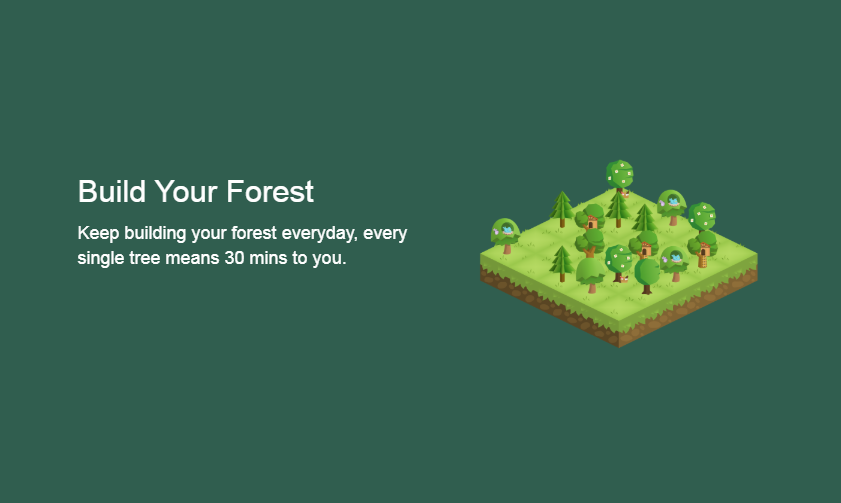
HOW TO KEEP WRITING DURING TOUGH TIMES
Writing now, during such a difficult time, might seem nearly impossible. Your head might not be in the self-publishing mindset right now. After all, our kids are home, we have to work from home, and we might even have a house full of family, which is both great and frustrating–especially when you’re a writer.
It’s been a struggle for me to switch off and close my door so I can sit down and get some writing done. Even as I’m writing this, I’m thinking about what’s going on in the world, what’s on the news, and how I can support my family and friends through this difficult time.
Here’s the thing, though, one of the best ways we can support ourselves, better our mental health, and get through this is by writing. For me, it’s a creative outlet that brings a lot of relief.
So, let’s take a look at how you can keep writing during such a difficult and distracting time.
Step 1: Create a Routine

The first step you can take in combating distractions and defeating writer’s block is creating a routine that you stick to. I know that I’m used to a certain type of routine in my daily life and that’s definitely changed over the last few weeks. Since we’ll be indoors or be living a different style of life than we’re used to for a while, it’s a good idea that we come up with a new routine.
This can be as simple as planning out your day the night before, or your week on the Sunday preceding it. I’m always looking for new ways to diversify my routine and make it easier to write and achieve my personal goals.
Most importantly, I would say, setting aside specific writing time will be a great tool for you to use in your daily routine. If you know you’ve blocked off the time between 9 and 10 am for writing, it will make it much easier for you to close your door and get to work. You won’t have any of the guilt that comes with shutting yourself off from family or the world, because you’ll know it’s part of your routine and it’s ‘work.’
It doesn’t really matter what your routine looks like, it just has to work for you. If you’re a night owl, stay up and work late, if you do your best work in the morning, try to block off your writing time then.
Step 2: Use the Pomodoro Technique
Once you’ve blocked off your writing time, and you’re ready to write, ensure you have your outline ready to go — whether it’s for a blog post, a novel, or a nonfiction book. Then you can try a method that I’ve used very successfully: The Pomodoro Technique.
Basically, this technique is about writing in focused sprints of 25 minutes, and then taking a short break afterward. All you have to do is know what you need to write, then time yourself for 25 minutes and write as much as possible in that time. Using a time-tracking tool (see Step 3) will help you achieve this effectively.
I like to write down how many words I got done in a sprint, then try to beat it the next time round. Striving for more words per sprint helps me focus rather than thinking about anything outside the realm of what I’m writing.
Step 3: Try Time-Tracking Tools
If you’re still struggling with keeping your fingers on the keyboard and your eyes on the screen, there are other solutions that can help you. There are loads of time-tracking tools out there that are free for you to use. These tools will monitor your time, cut you off from distracting websites like the news or social media sites, and tell you how much time you’re spending being productive.
One of these tools that I can’t get enough of is the Forest App. It’s an app Adam Croft of the Indie Author Mindset recommends, as it basically makes you put your phone down for a set period of time and stops you from picking it up again.
How it works is as follows:
- You select the amount of time you want to focus for.
- You start the timer, and during the countdown a tree grows on your screen.
- If you stop the timer, your tree withers and dies. If you let the timer complete and don’t touch your phone, you grow a full tree.
- Eventually, you grow so many trees, you have a forest.

The best part about this app is that they’ve partnered with Trees for the Future to plant actual trees every time a user earns enough coins (by growing their forest in the app).
This will keep you focused and it will make you feel good too. I got a little dopamine kick knowing that I’m writing faster and helping the planet too. Pretty cool.
Step 4: Take Breaks
When all else fails, and you really can’t focus, that might be because you need a break from writing. This really is a difficult time, and though you might see it as an excuse, if there’s any good reason for you to take a day or week off, a pandemic is it.
Taking the time you need doesn’t mean taking all the time, though. A break should be just that–a break. I try to take the time I need, spend time with family, and then plan out what I want to do and when I want to work. Partaking in a hobby that isn’t writing and doesn’t involve being at your writing computer is also a great way to refresh. Try it out!
Step 5: Satisfy Your Social Cravings
By this, I don’t mean spend loads of time on social media or anything. I’m talking about the craving you have to interact with your friends and family face-to-face. That’s super difficult now that everyone’s trying to stay isolated. When life gets to be too much and you really just can’t write, it might be time for you to take one of those breaks as mentioned above and distract yourself with the people you love.
Socializing with your family members, even if it’s just over Zoom, is a great way to decompress and reconnect with a part of you that needs to be looked after–your creativity. Zoom is being used in a number of awesome ways lately.
In fact, there are a whole bunch of college kids using the app to host parties. Not exactly what I’ll be doing any time soon, but it’s just an example of how versatile the app can be and proof that you can use it to reconnect with people and recharge your creativity.
Final Thoughts
You’ve probably got a lot going on, but I know that you’ll be able to focus if you follow these tips and stick to your plan. I do think it’s pretty important to take breaks when you need to because time spent with loved ones, even if it’s just over the internet, is priceless. Keep writing no matter what! Stay safe and healthy.
Cheers!

About the author: This is a guest post by Dave Chesson. He teaches authors advanced book marketing tactics at Kindlepreneur.com. His most recent project is the Book Marketing Show, Dave’s contribution to the world of publishing podcasts. He is also the creator of the leading Kindle research and advertising software, KDP Rocket.
All images created with Canva.com




